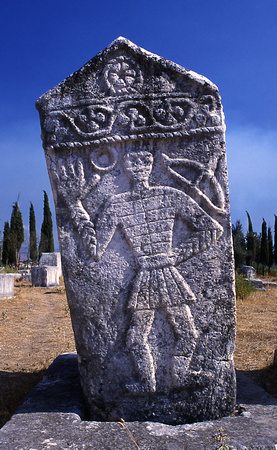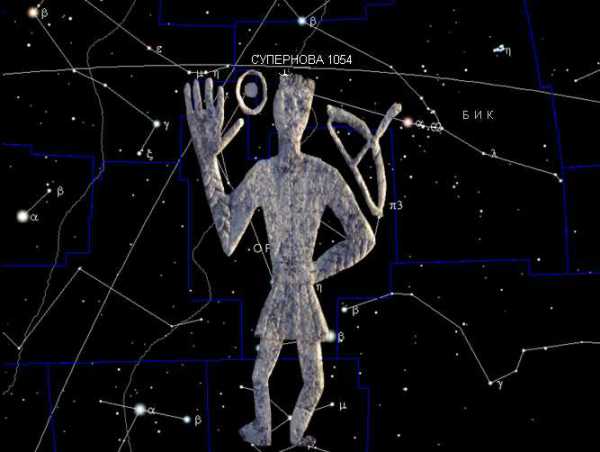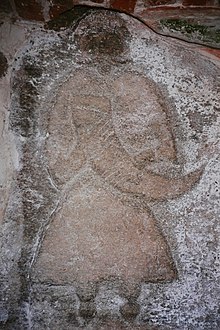@Milan
are all these words in all slavic dialects?
do we know the first date of their apparition in languages?
do we know the direction of flow?
some of these words are cognates
it's of some weight in historic linguistic - fauna, flora, degree of culture and politic organization have an imput upon loanwords
Some are found in all,some in South Slavic and East Slavic,South Slavic and West Slavic and some that i put are just in the Southern most dialects bordering Greek see there the exchangings,borrowings are highest which is to be expected,i can not say the first apparition for most,we can only guess this,i can pinpoint on their diffusion;
Slav(tetratka) Anc.Greek(tetradion) Eng(notebook) found in Southern Slavic and Russian too(Belorussian and Ukranian?)maybe OCS via Greek, i don't know if it was used there maybe from Greek?
Slav (blato) Greek (valto) Eng(mud) found in Southern Slavic and all other Slavic languages,proto-Slavic *bolto but is considered a Illyrian substratum because is diffused trough the Balkan peninsula with it's cognates.
Slav(klisura) Anc.Greek (kleisoúra) Eng(narrow pass, defile)found in Southern Slavic,what wiktionary tell me is from Anc.Greek,but probably borrowing from Byzantines,it was a term traditionally applied to a fortified mountain pass and the military district protecting it.
Slav(hiljada) Anc.Greek(khiliados) Eng(thousand) among Southern Slavic,this word was present or early borrowing i guess.
Slav(talas) Anc.Greek(thalassa) found in Southern Slavic with meaning of "wave" in the sea,Greek meaning "sea".considered Pre-Greek origin maybe Cretan?but could as well be later borrowing from some other language?
Slav-payment(plata)Anc.Greek-wealth(ploutos)i just proposed a cognate here,but maybe not? "plata" uplata etc found in South Slavic,Czech and Slovak-platba,Polish-płatność,Russian and others uplata.
Slav(korab)Anc.Greek(karabos) Eng(ship,vessel) found in Russian.Polish also but don't know whether have the same meaning of "vessel",however this word is found in Bulgaro-Macedonian dialects,maybe OCS since i don't know the words written there can guess only,proposed Anc.Mac origin,common Slavic "čьlnъ" and OCS "ladija" for boat,also"brod" for "boat" in South Slavic,but same word "brod" with meaning of "ford" in common Slavic. See Thracian "burd"(ford,boat).
Slav(kit) Anc.Greek(ketos)Old Armenian(kēt) Eng(whale) Classical Syriac (qē(ʾ)ṭā) Latin (cetus)The origin is unknown. Probably a Pre-Greek word,found in Southern Slavic and Eastern Slavic dialects,West Slavic "welryba".
Slav (oro) Greek (horo) This words and it's cognates are among South-East Europe as well it's origin.
Slav (kinisa) Anc.Greek(kinisa) Eng(move, start, arouse) Homer use it in form of "kineo" simple past "kinisa" this word you can find only among dialects in Slavic Macedonia or Bulgaria?when was adopted,exchanged i don't know.
Slav (odi) Homeric (oudos) descendants>Greek(odos) Eng(threshold road, path, way) i proposed the common Slavic (hodŭ) cognate "to walk" and "odi" is the same from "hodŭ".
Slav(drum) Anc.Greek (dromos) Eng (roadway, road, street, way) found in South Slavic.
Slav(magdonos) Ancient Greek (μακεδονήσι) Armenian(maladanos) Eng(parsley)reffered as Macedonian herb,here is complicated because it say that Anc.Greek (μακεδονήσι)-makedonesi,was adopted by Arabic then transmitted to Ottomans then Greek later adopted it from Ottomans in form of (maïntanós) but i compare the Mygdones they were too living in Macedonia,their region being Mygdonia pretty similar names.
Slav(komad) Anc.Greek(kommation) Eng(piece,part) among Southern Slavic.
Slav(lamja)Anc.Greek(lamia)faboulous monster in mythology that eat man flash,among South Slavic,maybe only in Bulgarian,Macedonian,Serbian regions,don't know whether exist in the rest,however this is mythological word.
Slav-storm(bura) Anc.Greek-north wind(boreas) i proposed cognate here in South Slavic the meaning is "storm".From Proto-Slavic *bur'a, akin to Bulgarian буря (burja), Slovene burja, Serbo-Croatian бура/bura, Slovak búrka (“tempest”) and búrať (“to crush”)
Slav(kokala)Anc.Greek(kokkalos) Eng(bone)found in Bulgaro-Macedonian dialects,common Slavic "kost".
Slav(kamata)Anc.Greek(kamatos)Eng(finance-interest) among Southern Slavic.
Slav(dodola) compare Anc.Greek(dodona) Boettian(doedala)South East Europe (South Slavic,Romanian and Anc.Greek) and all it's cognates.







